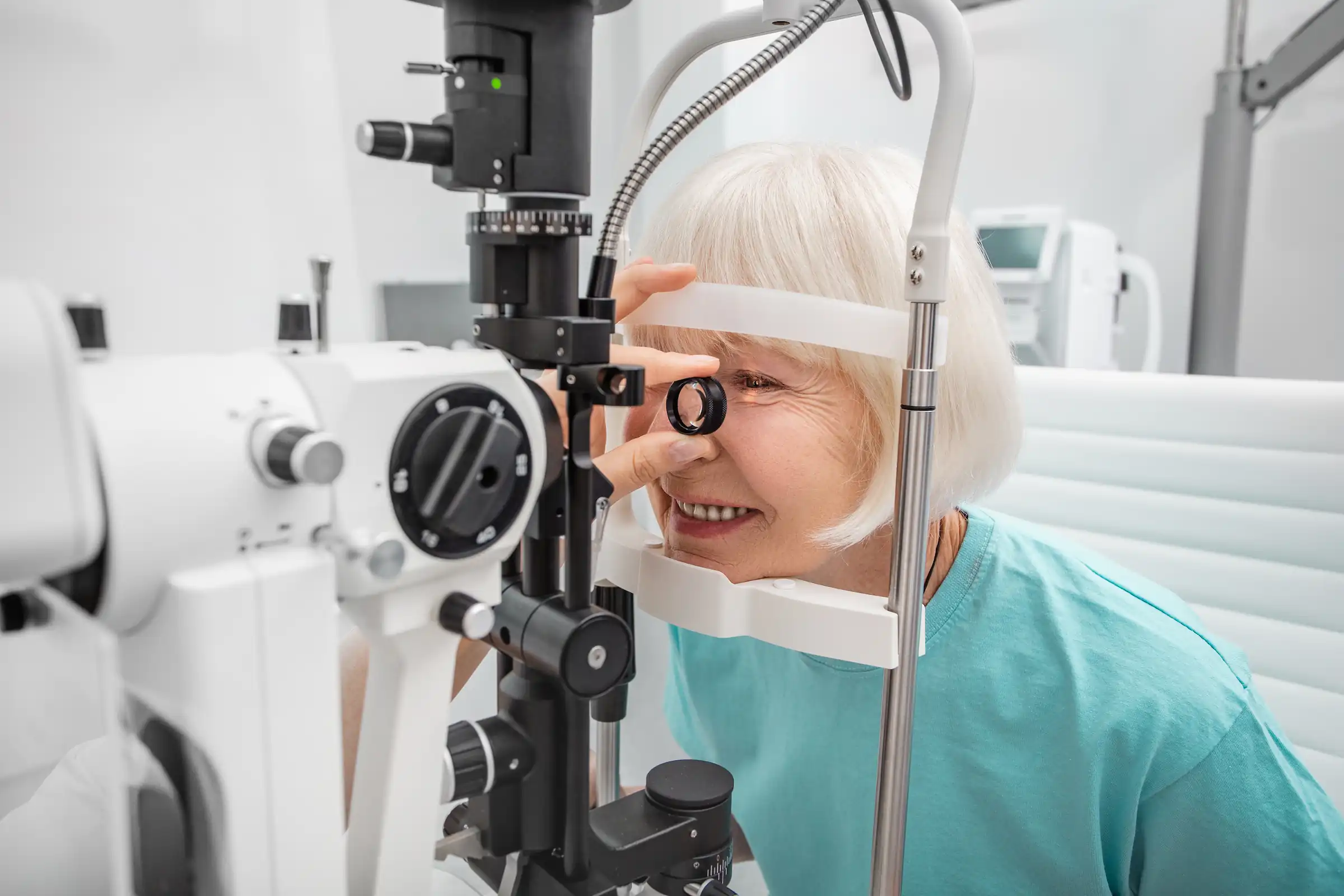
When it comes to retinal eye diseases, significant advancements have been made in the field of medical science and technology. These conditions, which affect the delicate tissue at the back of the eye known as the retina, can cause vision impairment and even blindness. However, with remarkable innovations, there is renewed hope in the ability to effectively treat retinal eye diseases. In this article, we will explore cutting-edge approaches that are revolutionizing the management of these conditions and offering new possibilities for those seeking to treat retinal eye diseases.
Understanding Retinal Eye Diseases:
The retina is a complex structure that converts light into electrical signals, which are then transmitted to the brain for visual processing. However, various retinal eye diseases can disrupt this intricate process, leading to vision impairment and potential blindness. Some common retinal disorders include age-related macular degeneration (AMD), diabetic retinopathy, retinal detachment, and retinitis pigmentosa.
Innovative Approaches to Treat Retinal Eye Diseases:
- Pharmacotherapy and Intravitreal Injections:
Pharmacotherapy has revolutionized the management of retinal eye diseases. Specifically, the development of targeted medications and the technique of intravitreal injections have dramatically improved treatment outcomes. In conditions like AMD and diabetic retinopathy, anti-vascular endothelial growth factor (anti-VEGF) drugs are injected into the eye to inhibit the growth of abnormal blood vessels, reduce inflammation, and preserve vision.
- Laser Therapy and Photocoagulation:
Laser therapy remains a valuable tool in the treatment arsenal for certain retinal eye diseases. Photocoagulation, a laser-based treatment, is often used to seal leaking blood vessels in diabetic retinopathy, preventing further damage. Additionally, laser photocoagulation can be employed to create controlled burns on the retina, sealing retinal tears and preventing retinal detachment.
- Vitrectomy Surgery:
In cases where retinal detachment, macular holes, or vitreous hemorrhage occur, vitrectomy surgery may be necessary. This procedure involves removing the gel-like substance (vitreous) from the eye and replacing it with a clear solution or gas bubble. Vitrectomy allows the surgeon to access and repair the damaged retina, often resulting in improved vision and retinal stability.
- Retinal Prostheses and Gene Therapy:
Advancements in the field of bioengineering have paved the way for groundbreaking treatments for retinal eye diseases. Retinal prostheses, also known as bionic eyes, are electronic devices implanted in the eye to bypass damaged photoreceptor cells and stimulate the remaining healthy retinal cells, restoring partial vision. Gene therapy, another promising avenue, involves delivering corrective genes into the retina to address genetic mutations responsible for retinal disorders, potentially halting or reversing vision loss.
Future Directions:
The journey to combat retinal eye diseases does not end here. Ongoing research and technological advancements hold tremendous promise for further breakthroughs. Scientists are exploring stem cell therapy to regenerate damaged retinal tissue, artificial intelligence-based diagnostic tools for early detection, and nanotechnology for targeted drug delivery directly to the retina. These emerging areas offer hope for even more effective and personalized treatments in the future.
Retinal eye diseases have long posed significant challenges to eye health and vision. However, thanks to remarkable advances in medical science and technology, the treatment landscape for these conditions has been transformed. From the advent of pharmacotherapy and intravitreal injections to the innovation of retinal prostheses and gene therapy, these cutting-edge approaches are revolutionizing the way we treat retinal eye diseases. As research continues to push the boundaries, we can anticipate even more promising solutions on the horizon. With each breakthrough, the lives of individuals affected by retinal disorders are being profoundly impacted
Leave a Reply